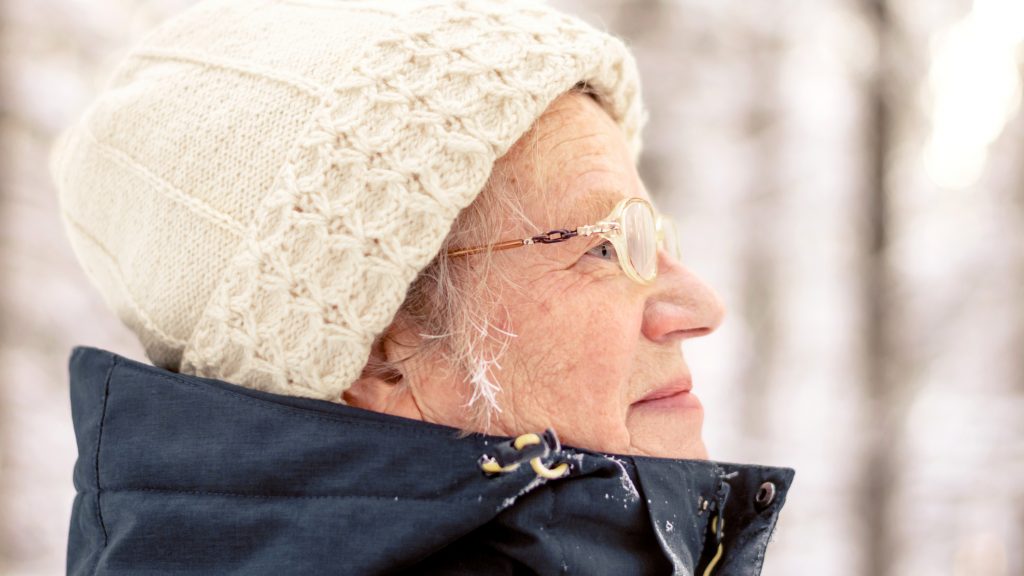Cold Weather Safety Tips for Seniors

Cold Weather Safety Tips for Seniors
As the frosty embrace of winter settles in, it’s crucial to consider the safety and well-being of seniors, who are particularly vulnerable to the harsh effects of cold weather. With Canada’s famously chilly winters, older adults face unique challenges that demand attention and proactive measures to ensure their safety and health during this season.
Understanding the Risks
Canadian winters bring extreme cold, icy conditions, and heavy snowfall, posing various risks to seniors’ health. Older adults are more susceptible to hypothermia, frostbite, falls on icy surfaces, and seasonal affective disorder (SAD) due to reduced sunlight exposure.
Tips for Staying Warm
Dress in layers: Encourage seniors to wear multiple layers of clothing, including thermal wear, to trap body heat and stay warm.
Keep homes heated: Ensure indoor temperatures are comfortable and use space heaters or blankets in particularly cold areas.
Wear appropriate footwear: Advise seniors to wear insulated, non-slip boots to prevent falls on icy or snowy surfaces.
Use heating devices safely: Remind them to follow safety guidelines when using space heaters or electric blankets to avoid accidents or fires.
Home Safety Measures
Insulation and weather-stripping: Ensure homes are properly insulated and sealed to keep the cold air out and maintain warmth inside.
Prevent frozen pipes: Instruct seniors to allow faucets to drip slightly to prevent pipes from freezing and to know how to shut off water if necessary.
Emergency preparedness: Create an emergency kit with essentials like extra blankets, non-perishable food, flashlights, and a battery-powered radio in case of power outages.
Health Considerations
Regular check-ups: Encourage seniors to visit their healthcare provider for check-ups before winter to address any health concerns.
Stay hydrated: Even in colder weather, staying hydrated is crucial. Offer warm beverages and remind them to drink water regularly.
Mental health support: Combat the effects of SAD by encouraging social activities, exercise, and exposure to natural light.
Community Resources and Support
Seniors’ centers: Explore local seniors’ centers or community organizations that offer assistance, social activities, and resources for winter safety.
Transportation services: Help seniors access transportation services for grocery shopping, medical appointments, or other essential needs during inclement weather.
Protecting seniors during the frigid Canadian winter requires a concerted effort from caregivers, communities, and government support systems. By implementing these cold weather safety tips, accessing local resources, and staying informed about available assistance, we can ensure that older adults enjoy a safe and comfortable winter season in Canada.
Remember, these suggestions serve as general guidance.
Always consult healthcare professionals or local authorities for specific advice tailored to individual needs or circumstances.
Resources
Seven steps to cold weather safety
Printable infographic for your home!
Stay warm and safe this winter!
We can help. Bayshore Home Health offers a wide range of home care services to help Canadians live independently for as long as possible. Contact us at 1-877-289-3997 for details.
